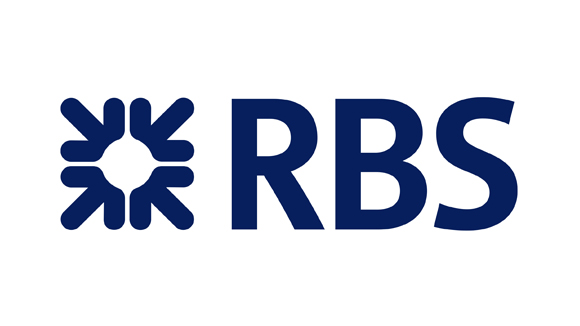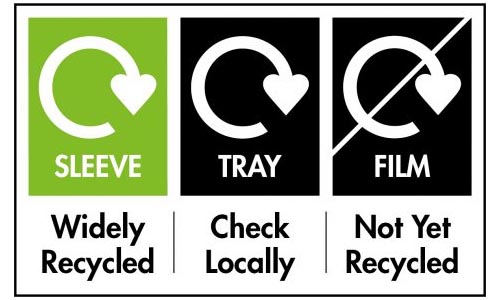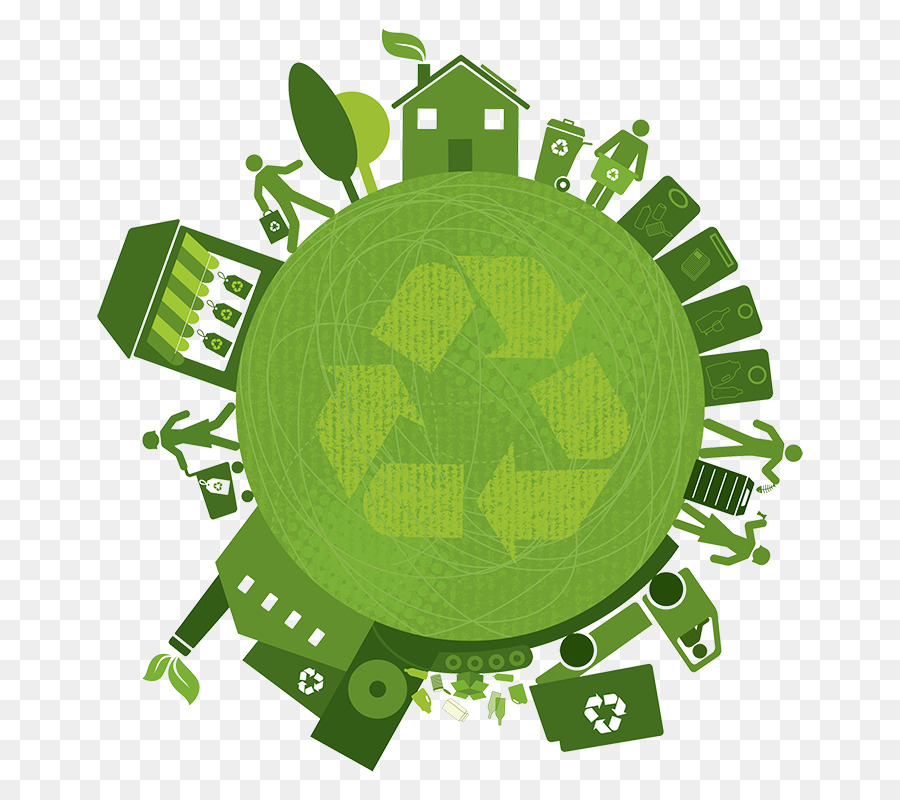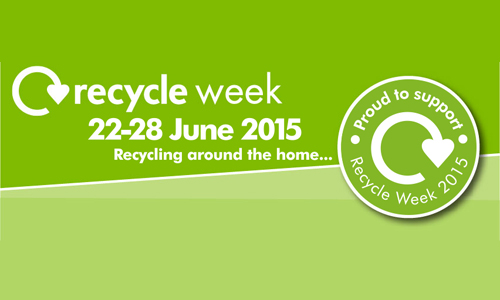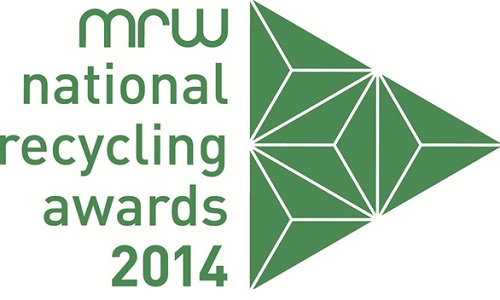The Jump (Local Green Points) team recently attended the annual Warwickshire Waste Partnership Conference where our Managing Director, Graham Simmonds, gave a presentation. His key themes included the work we do to embed positive waste and recycling behaviours, the role of communications and technology in driving success and the Slim Your Bin communications campaign we provide to the County.
The following content comes from a blog by Leanne Trow, who we were joined by at the conference, which first appeared on Credibly Green. Find the full article here.’
Our team of Chartered Professionals have attended a number of events this week all concerning the importance of communication. These included the annual Warwickshire Waste Partnership Conference, the Introduction to Communications in the Waste and Resources Industry event hosted by CIWM (Chartered Institute of Waste Management) and the Environmental Leaders Conference hosted by Shropshire Wildlife Trust. Across all of the events communication was the key driver around further discussion.
The importance
Communication is crucial to drive success. For example, within the Waste Partnership Conference it was highlighted by all of the guest speakers that communication was vital to improve recycling rates. Householders needed to be aware of firstly when they needed to put out their bins and what they can put into each bin. Without this initial communication, increased contamination rates are a threat which impacts the overall recycling rate leading to negative impacts and further issues which is then negatively communicated and documented within the press.
With the technology advances and changes in behaviour, communication is becoming easier, with the use of social media including Twitter, Facebook and Instagram pages. Facts, figures and findings are able to reach a larger audience through the mechanisms of retweeting and sharing posts. Communication is the driver towards success and influences change. Communication allows opportunities to be identified and highlights where improvements can be made. Apps, such as those for reporting littering or identifying contaminated recycling containers can support the communications activity. Incentive schemes to encourage recycling can also be linked to both technology and social media. There are close links between communication and ‘observability’ which needs to be carried forward – those that are seen to be performing well have additional motivation.
Traditional campaigning and door to door intervention is a more time consuming and expensive method of communication but is proven as successful not least because the target audience feel involved within the process and ultimately the results of the decisions that are made.
Behaviour
Communication results in behaviours being followed which ultimately changes attitudes, the behaviours can then become embedded, but it is not an easy path to change behaviour. It is important to continue communication to ensure that attitudes and ultimately behaviours doesn’t fall away over time. Re-visiting communication interventions should be regularly reviewed. Jump (Local Green Points) clearly illustrated the process of how communication ensures that behaviours become embedded during a talk at the Warwickshire Waste Partnership Conference.’
Head to Credibly Green for more information on improving communication in 2017.
If you have any questions for the team at Jump (Local Green Points), or want to know how communications and technology could help you reach your waste and recycling goals, get in touch by emailing [email protected]


